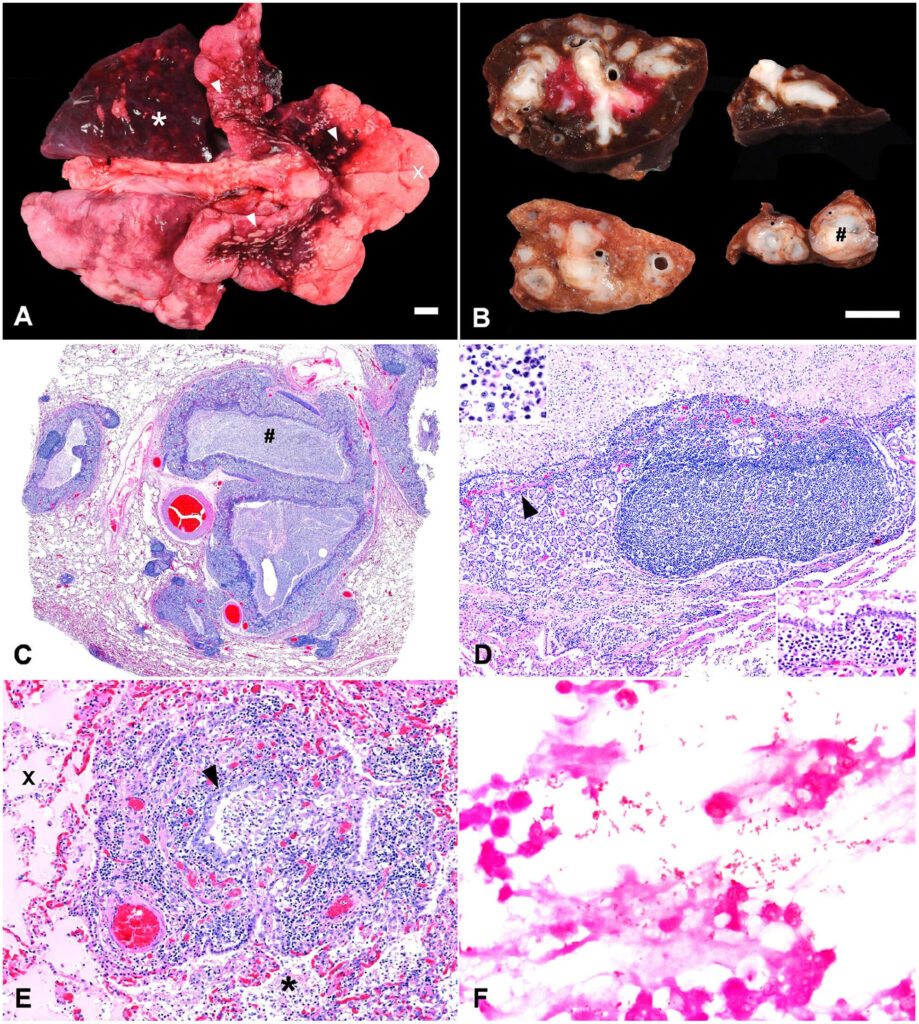Proteus bronchitis is a rare form of lower respiratory tract infection caused by the Proteus species, most notably Proteus mirabilis and Proteus vulgaris. While these gram-negative bacilli are commonly associated with urinary tract infections, their presence in the bronchial system can lead to significant clinical complications, particularly in immunocompromised individuals or patients with chronic pulmonary diseases.

Understanding Proteus Species as Respiratory Pathogens
The Proteus genus consists of motile, facultative anaerobes that are part of the Enterobacteriaceae family. These organisms are typically found in the gastrointestinal tract but can act as opportunistic pathogens when translocated to sterile sites.
Characteristics of Proteus Species
- Gram-negative, rod-shaped
- Urease-positive and highly motile (peritrichous flagella)
- Known for biofilm formation and multidrug resistance
- Common in nosocomial infections
Though infrequent in the lungs, Proteus species may colonize and infect the bronchial tree, especially in patients with existing lung pathology or post-tracheostomy.
Pathophysiology of Proteus Bronchitis
Inhalation or aspiration of Proteus-contaminated secretions can initiate infection in the lower airways. This condition typically presents as either:
- Acute bronchitis following hospital-acquired aspiration
- Chronic infectious bronchitis in the setting of bronchiectasis or chronic obstructive pulmonary disease (COPD)
Clinical Presentation and Symptoms
Symptoms of Proteus bronchitis often mimic those of other bacterial respiratory infections but may exhibit higher resistance to empirical antibiotics.
Common Signs and Symptoms:
- Persistent productive cough with purulent sputum
- Fever and chills
- Dyspnea or wheezing
- Pleuritic chest pain in advanced cases
- Malaise and fatigue
- Possible hemoptysis
In high-risk patients, especially those in ICU or post-operative wards, symptoms may be masked or nonspecific, necessitating early suspicion and targeted diagnostics.
Risk Factors for Infection
Several conditions predispose individuals to bronchial infection by Proteus species:
- Immunosuppression (chemotherapy, corticosteroids, HIV)
- Chronic lung diseases (COPD, cystic fibrosis, bronchiectasis)
- Tracheostomy or prolonged mechanical ventilation
- Aspiration events
- Recent broad-spectrum antibiotic therapy
- Hospitalization or ICU stay
Diagnostic Evaluation
Accurate diagnosis is essential for effective treatment and requires both clinical and microbiological assessments.
Diagnostic Approach
Additional Investigations
- Chest X-ray or CT scan (to assess pulmonary consolidation or bronchiectasis)
- Complete blood count (elevated WBC count)
- Inflammatory markers (CRP, ESR)
- Blood cultures in febrile patients
Treatment of Proteus Bronchitis
Therapy must be guided by the results of culture and sensitivity testing, given the high resistance profile of Proteus strains.
First-Line Antibiotics (based on susceptibility):
- Piperacillin-tazobactam
- Cefepime or ceftriaxone
- Carbapenems (e.g., meropenem) in multidrug-resistant cases
- Fluoroquinolones (e.g., ciprofloxacin) if oral therapy is possible
- Aminoglycosides (e.g., gentamicin) as adjunct in severe infections
Duration of therapy: Typically 10–14 days, longer in cases of underlying lung disease or poor response.
Infection Control and Prevention
Hospital-acquired Proteus bronchitis warrants strict infection control measures:
- Hand hygiene and use of PPE in clinical settings
- Sterile suctioning in intubated patients
- Avoidance of unnecessary antibiotic use
- Regular cleaning of respiratory support equipment
Patients with recurrent infections may benefit from prophylactic antibiotics or airway clearance techniques.
Complications of Untreated or Resistant Infections
If not appropriately treated, Proteus bronchitis may lead to:
- Pneumonia and lung abscess
- Respiratory failure
- Sepsis and systemic inflammatory response
- Chronic colonization leading to exacerbations of underlying lung conditions
Early diagnosis and tailored antimicrobial therapy are essential to prevent progression.
Proteus bronchitis remains an under-recognized but clinically significant infection, especially in healthcare-associated settings and among immunocompromised individuals. High clinical suspicion, prompt diagnostic evaluation, and targeted antimicrobial treatment are key pillars in managing this condition. As antibiotic resistance patterns evolve, judicious antibiotic use and stringent infection control practices become increasingly vital in combating this opportunistic pathogen.